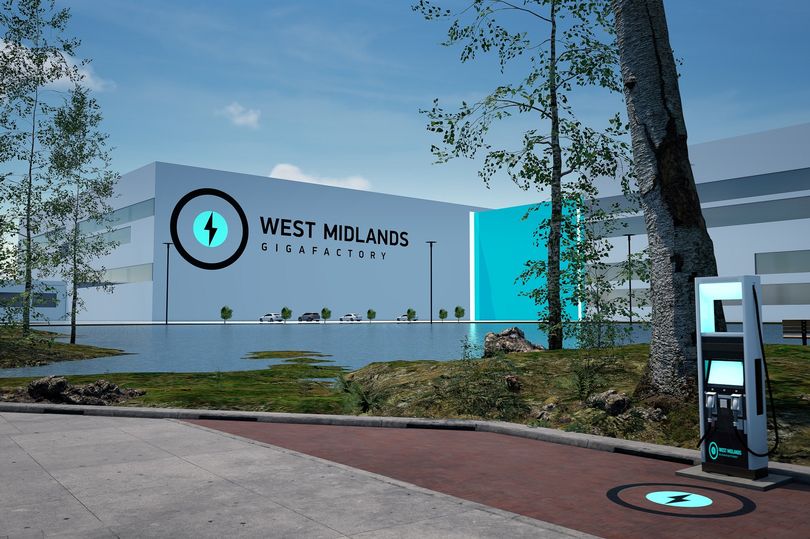The region’s economy will be powered up by the levelling up zones to be established by the West Midlands Combined Authority (WMCA) as part of the ground-breaking Deeper Devolution Deal. Six zones have already been identified as having the potential to accelerate growth, development and regeneration.
Key investment sites within each will be unlocked by a new agreement with the Government that enables the region to retain Business Rates growth over the next 25 years, worth around £500 million.
This will ignite the WMCA’s Plan for Growth, which sets the region on course to grow the local economy by £3 billion and create 45,000 new jobs.
The ‘growth zones’ being considered are:
- East Birmingham North Solihull Corridor, including UK Central
- Wolverhampton Corridor, including Green Innovation Corridor and University of Wolverhampton’s National Centre for Sustainable Construction
- Walsall Growth Corridor
- Dudley Metro Corridor - Sandwell Zone from Wednesbury to Birmingham Road, Tipton; and Dudley Zone from Dudley to Brierley Hill
- Coventry and Warwickshire Gigafactory site
As part of the Deeper Devolution Deal, the region’s economy will also be driven by a stronger role in supporting business productivity, trade and investment and innovation. Further areas of post-19 education and skills will be devolved to WMCA along with greater oversight of post-16 technical education and skills, careers, and employment support programmes.
The government has committed to a £25 million capital fund to support business decarbonisation, culture, environmental programmes and the West Midlands’ Smart City Region initiative, which will allow the WMCA to build on the region’s place as the UK’s largest testing ground for 5G deployment and technological innovation, which has already led to impressive advances in transport, health, and manufacturing.
Businesses will be supported to cut their energy costs and carbon emissions in support of the #WM2041 net zero target; additional air quality sensors will be funded to help target the most polluted places, giving the West Midlands the most comprehensive air monitoring network outside of London. The WMCA will also take a proactive role in accelerating broadband roll-out and connectivity to boost digital inclusion.
Andy Street, Mayor of the West Midlands and WMCA Chair, said: “The West Midlands was the fastest growing region in the UK pre-pandemic and - as we get back on track - our Plan for Growth will drive our regional recovery forward.
“The new Deeper Devolution Deal that we've just negotiated with the Government will enable us to better create the right conditions to draw in the private sector investment that will help power prosperity right across our region. Whether it’s unlocking key sites, skilling our workforce or advancing innovation in the green and digital industries of the future, we must use this moment as a springboard to generate jobs and opportunities for the benefit of local people in the months and years ahead.”
Councillor Ian Brookfield, WMCA portfolio holder for economy and innovation, and leader of City of Wolverhampton Council, said: “A strong economy is reliant on creating the right environment for businesses to succeed in and I look forward to seeing how we can best capitalise on the additional tools that deeper devolution gives us to do that.
“Our Plan for Growth has already paved the way for how we can return our economy to an upward trajectory and with greater influence in key areas means we can better focus on growing the clusters that we know are our natural strengths and those that we have already identified as being key to our future prosperity.”
Led by the Mayor of the West Midlands, the WMCA brings together 18 local councils and three Local Enterprise Partnerships to oversee the transfer of powers and funding from Whitehall to the West Midlands. The WMCA is putting these new powers from government back where they belong, in local hands, bringing the region together to build a healthier, happier, better connected and more prosperous West Midlands.
Billions of pounds are being invested by the WMCA to improve the region’s transport network, transform its derelict industrial land into new homes and workplaces, support existing businesses and help grow the innovative, green industries of the future. At the heart of this vision is a strong economy that is both green and inclusive, one that supports the region’s ambition to be net zero carbon by 2041 and offers everyone the opportunity of a good quality, affordable home and the skills needed for a worthwhile job.











